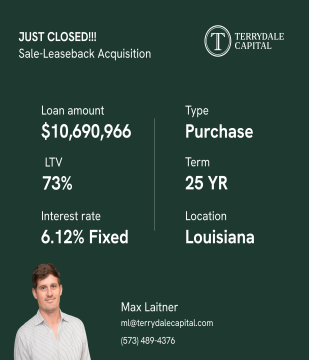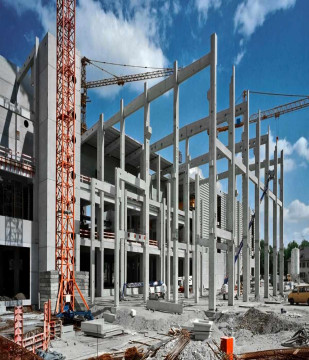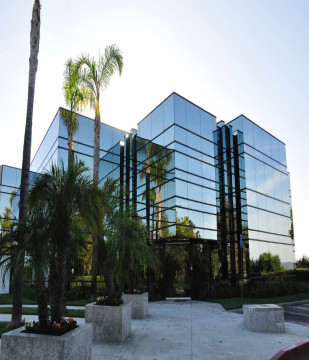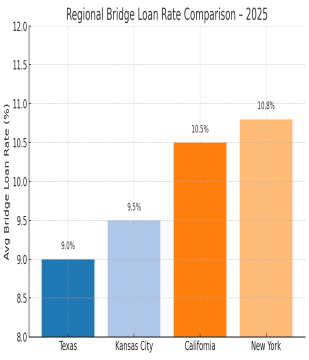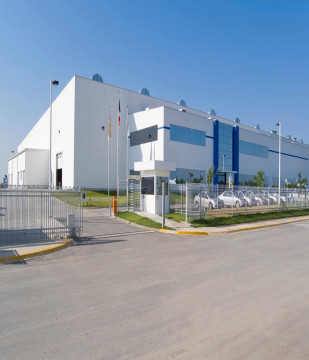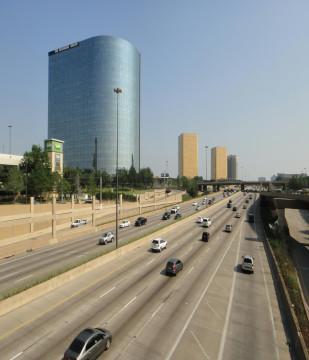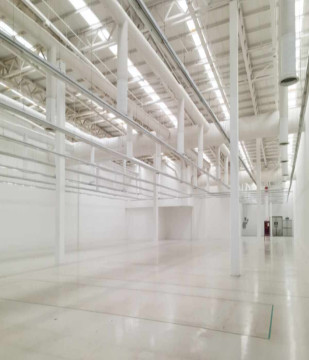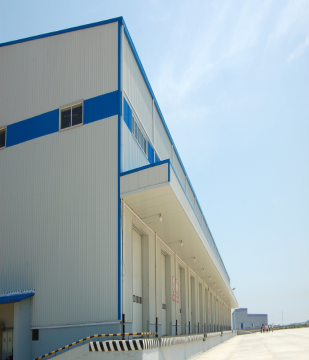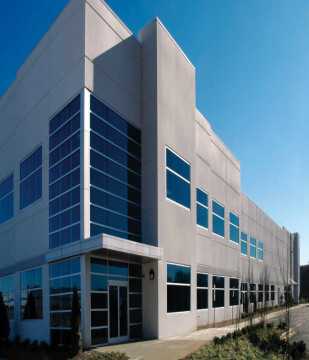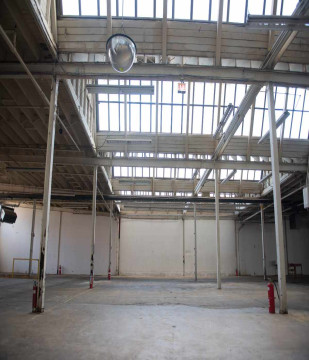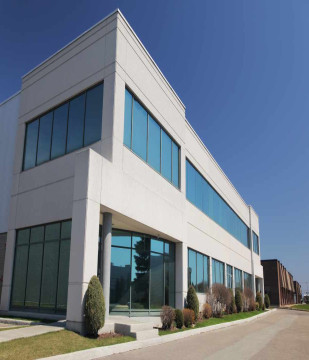Recourse Debt vs Non-Recourse Debt

Terrydale Capital
Mar 14, 2024 7 Min read
Investing in commercial real estate often involves financing, and understanding the nuances of different types of loans is crucial for investors. Two common terms you'll encounter in the realm of commercial real estate financing are "recourse" and "non-recourse" loans. While both types serve as means to acquire capital, they vary significantly in terms of risk and liability for the borrower. In this blog post, we'll delve into what recourse and non-recourse loans entail, and how they impact commercial real estate investors.
What are Recourse and Non-Recourse Loans?
Recourse Loan:
A recourse loan is a type of loan where the lender has the right to pursue the borrower's assets beyond the collateral in the event of default. In other words, if the borrower fails to repay the loan and the collateral's value isn't enough to cover the debt, the lender can go after the borrower's personal assets to satisfy the remaining balance.
Common examples: Bank loans and credit union loans are typically recourse debt options.
Non-Recourse Loan:
Conversely, a non-recourse loan is a loan where the lender's only recourse, in case of default, is the collateral securing the loan. In this scenario, the lender cannot pursue the borrower's personal assets beyond the collateral, even if the value of the collateral is insufficient to cover the outstanding debt.
Common examples: Commercial mortgage-backed securities (CMBS) are often considered non-recourse loans because they are backed by collateral that is not owned or directly controlled by the lender.
Impact on Commercial Real Estate Investors
1. Risk Exposure:
Recourse loans typically entail higher risk for borrowers because they expose personal assets to potential seizure in case of default. This risk is a significant consideration for investors, especially those looking to minimize personal liability. On the other hand, non-recourse loans limit the investor's liability to the collateral, providing a level of protection for personal assets.
2. Loan Terms and Conditions:
The terms and conditions of recourse and non-recourse loans can vary significantly. Lenders may impose stricter requirements and higher interest rates for recourse loans due to the increased risk they bear. Non-recourse loans, however, may come with lower interest rates and more favorable terms, as the lender relies solely on the value of the collateral for repayment.
3. Asset Protection:
For investors with substantial personal assets, opting for non-recourse loans can serve as a means of protecting those assets from potential loss in the event of default. By limiting liability to the collateral, investors can mitigate the risk of financial ruin in case of unforeseen circumstances affecting the property's performance.
4. Underwriting Criteria:
Lenders assess the risk associated with a loan based on various factors, including the borrower's creditworthiness, the property's value, and the projected cash flow. With recourse loans, lenders may place greater emphasis on the borrower's financial standing and credit history since they have recourse to personal assets. Non-recourse loans, however, may place more weight on the property's value and income-generating potential.
5. Market Conditions and Availability:
The availability of recourse and non-recourse loans can fluctuate depending on market conditions and lender preferences. During economic downturns or periods of financial instability, lenders may become more conservative and prefer offering recourse loans to mitigate risk. Conversely, in favorable market conditions, non-recourse loans may be more readily available as lenders seek to attract borrowers with competitive terms.
Conclusion
In conclusion, recourse and non-recourse loans represent two distinct approaches to commercial real estate financing, each with its own implications for investors. While recourse loans expose borrowers to greater personal liability, non-recourse loans offer a level of asset protection by limiting recourse to the collateral. Understanding the differences between these loan types and their impact on risk, loan terms, and asset protection is essential for commercial real estate investors to make informed financing decisions that align with their investment objectives and risk tolerance. As with any financial decision, it's advisable for investors to consult with experienced professionals, in order to assist in determining what course of action may be best for you investment ventures.
At Terrydale Capital, we have a wide breadth of industry connections allowing us to offer the most competitive financing options with both recourse and non-recourse options alike. When you need the right team behind you, contact us at Terrydale Capital today!
Partner With Terrydale Capital for Your Debt Financing Needs
When it comes to debt financing, understanding the right timing, process, and options is crucial. At Terrydale Capital, we provide a comprehensive range of commercial loan solutions tailored to meet your business's unique needs.













